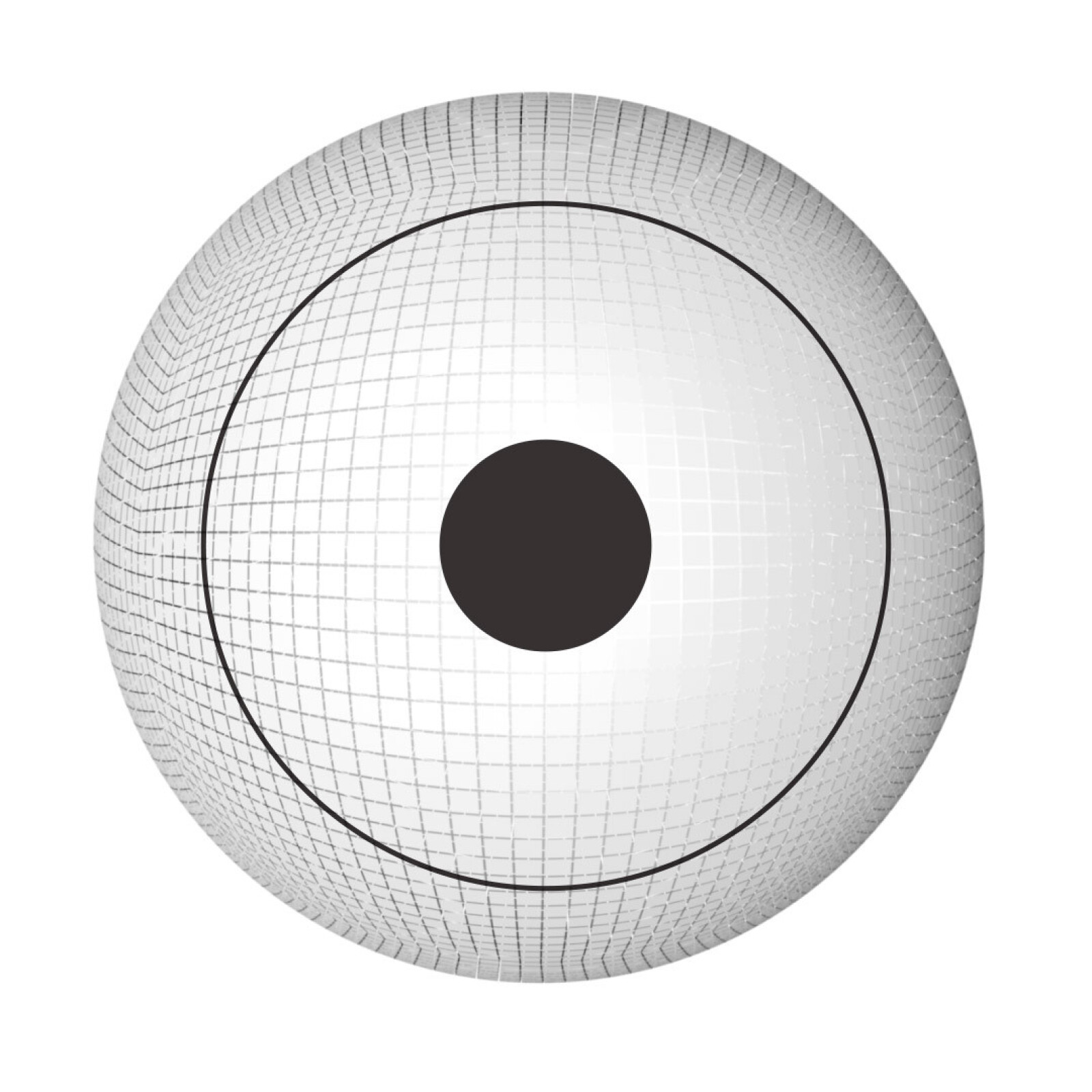Design Exchange Partnerships (DEPs) are three-way collaborative projects which bring together early career design researchers, an academic supervisor and a non-academic organisation, such as a small business, NGO or public sector organisation.
The partnerships seek to demonstrate tangible impact on local communities by stimulating the real-world application of high-quality arts and humanities-led design research to address the challenges related to achieving green transition goals.
For this round, we are focusing on the theme of more-than-human to develop research projects that address the UK’s green transition. While design is being used to transform the planet, often to great benefit, the consequences of design are not always positive for the environment.
Design has long been ‘human centred’ by definition, serving the needs of people, businesses and societies. But human centrism has come at a great environmental cost, in externalising the effects of extractivism or pollution on natural ecosystems and other species. One of the challenges of design in the 21st century is to move beyond exclusively human interests and factor in non-human perspectives. More-than-human design understands the interdependence of all human activities on the health of natural systems. It seeks not just to reduce its impact on the biosphere but to support and regenerate landscapes and biodiversity.
| DISCIPLINE | multidisciplinary |
|---|---|
| ELIGIBILITY | based at a UK research organisation eligible for AHRC funding |
| THEME | more-than-human |
We welcome broad interpretations of the theme of more-than-human, including but not limited to one or more of the following areas:
the natural world
materials
health and wellbeing
urban environments
technology and AI



